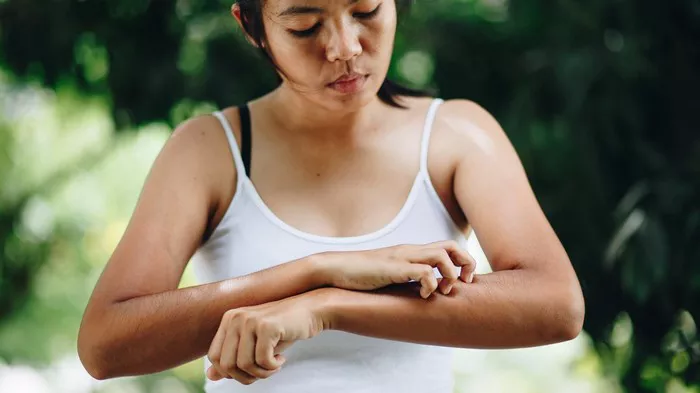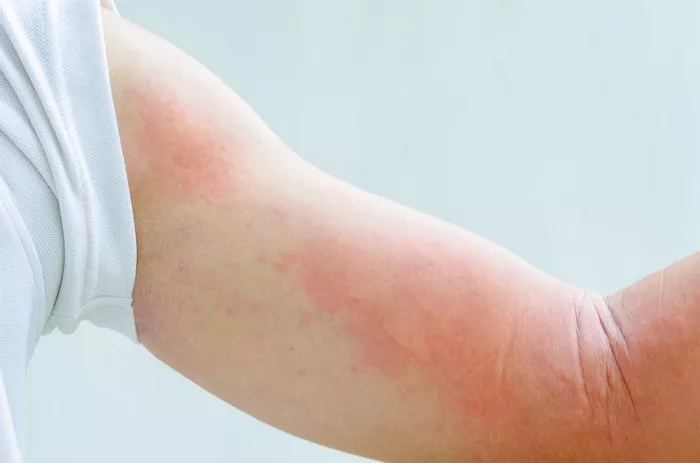Buni, also known as tinea capitis, is a fungal infection that affects the scalp. It can cause itchy, red patches and hair loss. Understanding the causes, symptoms, and treatment options is essential for effective management. This article will provide detailed information about buni and the medicines used to treat it.
Understanding Buni
What Is Buni?
Buni is a type of ringworm that primarily affects the scalp. It is caused by a fungal infection, typically by fungi called dermatophytes. These fungi thrive in warm, moist environments and can be contagious.
How Is Buni Spread?
Buni can spread through:
- Direct contact with an infected person.
- Sharing personal items like combs, hats, or towels.
- Contact with animals that carry the fungus, especially cats and dogs.
Who Is at Risk?
Anyone can get buni, but certain groups are at a higher risk, including:
- Children, especially those in close contact with peers.
- Individuals with weakened immune systems.
- People who share personal items or have close contact with pets.
Symptoms of Buni
Common Symptoms
The symptoms of buni can vary, but common signs include:
- Itchy patches on the scalp.
- Red, inflamed areas that may be scaly.
- Hair loss in the affected areas.
- Black dots where hair has broken off.
- Swollen lymph nodes in severe cases.
When to See a Doctor
If you notice symptoms of buni, it is important to consult a healthcare professional. Early treatment can prevent the infection from worsening and spreading to others.
Diagnosis of Buni
How Is Buni Diagnosed?
A doctor will typically diagnose buni through:
Physical examination: Inspecting the scalp and other affected areas.
Microscopic examination: Taking a sample of hair or skin and examining it under a microscope.
Culture tests: Growing the fungus in a lab to confirm the diagnosis.
Treatment Options for Buni
Overview of Treatment
Treating buni typically involves antifungal medications. The choice of medication depends on the severity of the infection and the age of the patient.
1. Topical Antifungal Treatments
For mild cases, doctors may recommend topical antifungal creams or shampoos. These include:
Clotrimazole: This cream is effective against many types of fungal infections. Apply it directly to the affected areas as directed by a doctor.
Miconazole: Another effective topical antifungal, often available as a cream or powder.
Ketoconazole shampoo: This medicated shampoo can help reduce fungal growth on the scalp. It should be used as directed.
How to Use Topical Treatments
Clean the affected area gently.
Apply a thin layer of the antifungal medication.
Use the treatment for the full duration recommended, even if symptoms improve.
2. Oral Antifungal Medications
For more severe or widespread infections, doctors may prescribe oral antifungal medications. Common options include:
Griseofulvin: This medication is often the first choice for treating tinea capitis. It works by stopping the growth of the fungus. It is usually taken for several weeks.
Terbinafine: Another oral antifungal that is effective against a variety of fungal infections. It may be prescribed for shorter durations than griseofulvin.
Itraconazole: This medication is sometimes used when other treatments are ineffective.
Dosage and Duration
- Follow the doctor’s prescription carefully.
- It is crucial to complete the entire course of medication, even if symptoms resolve early.
3. Medicated Shampoos
In addition to oral or topical medications, using a medicated shampoo can help. These shampoos may contain:
- Selenium sulfide: Helps reduce fungal growth.
- Zinc pyrithione: Can help with symptoms and reduce the spread of fungus.
How to Use Medicated Shampoos
- Wet the hair and scalp thoroughly.
- Apply the shampoo and lather well.
- Leave it on for the recommended time, usually about 5 to 10 minutes.
- Rinse thoroughly and repeat as directed.
Home Remedies for Buni
Supportive Care
While medical treatment is essential, some home remedies may help relieve symptoms and support recovery:
- Tea tree oil: Known for its antifungal properties, it can be diluted with a carrier oil and applied to the scalp.
- Coconut oil: Its moisturizing properties may help soothe irritated skin.
- Aloe vera: This natural remedy can help reduce inflammation and promote healing.
Hygiene Practices
Maintaining good hygiene can prevent the spread of buni and other infections:
- Wash bedding, towels, and hats frequently in hot water.
- Avoid sharing personal items.
- Keep the scalp clean and dry.
Preventing Buni
Tips for Prevention
Preventing buni involves good hygiene and awareness of risk factors:
- Teach children not to share personal items.
- Avoid close contact with infected individuals or animals.
- Keep the scalp clean and dry, especially in warm, humid conditions.
Regular Check-ups
Regular check-ups with a healthcare provider can help catch infections early, especially for individuals at higher risk.
When to Seek Help
If you notice any worsening symptoms or if the infection does not improve with treatment, seek medical advice. Complications can arise, and prompt action is essential.
Possible Complications
In rare cases, buni can lead to complications, such as:
Secondary bacterial infections: Scratching may lead to open wounds that become infected.
Scarring: Severe infections can result in permanent hair loss or scarring of the scalp.
Conclusion
Buni is a common fungal infection that can be effectively treated with the right medications. Understanding its symptoms, treatment options, and preventive measures is crucial for managing this condition. If you suspect you have buni, consult a healthcare professional for an accurate diagnosis and appropriate treatment. Remember, early intervention can help you recover faster and prevent spreading the infection to others.
Related topics:



























